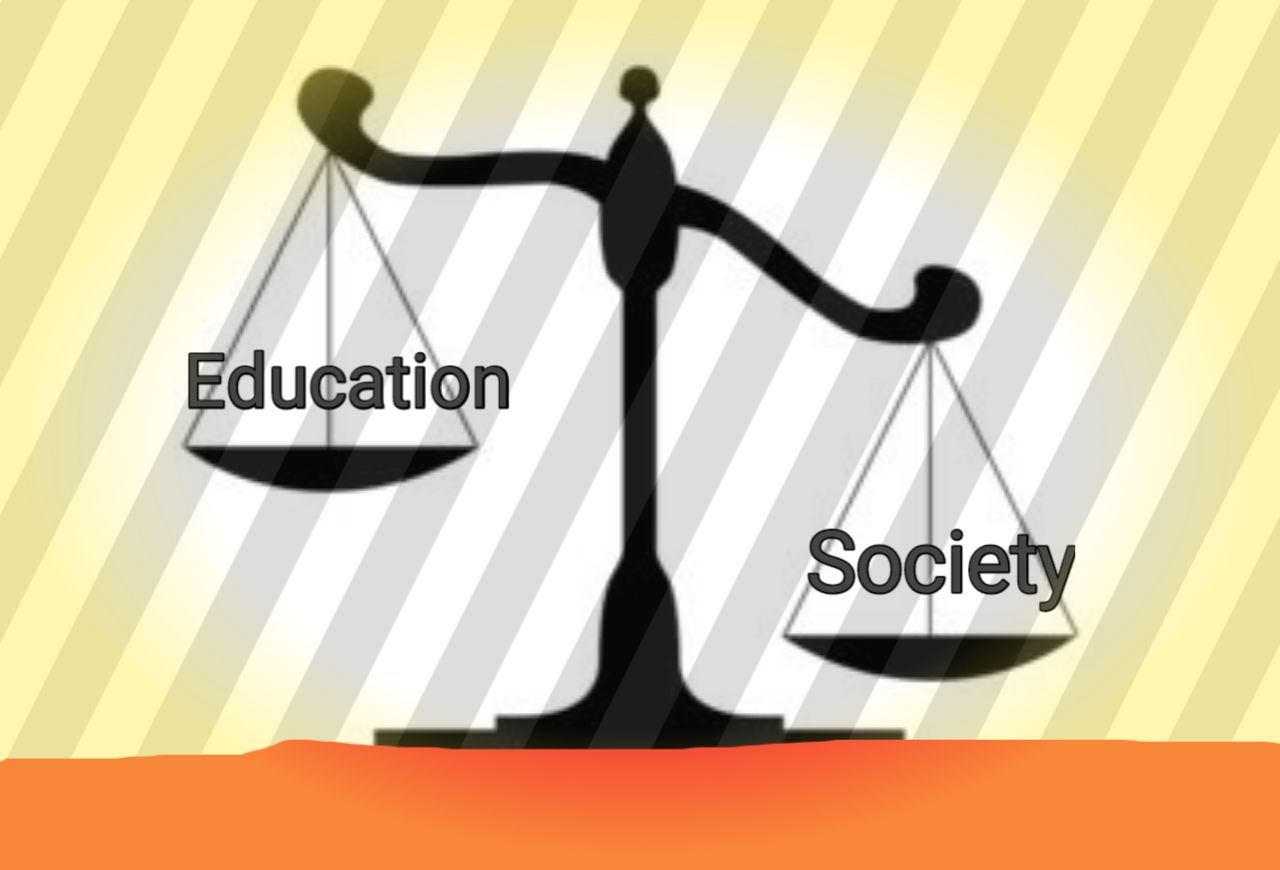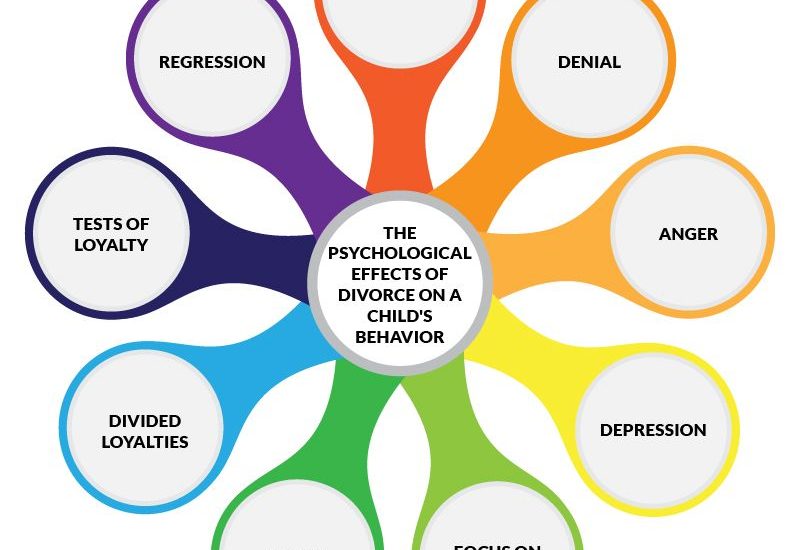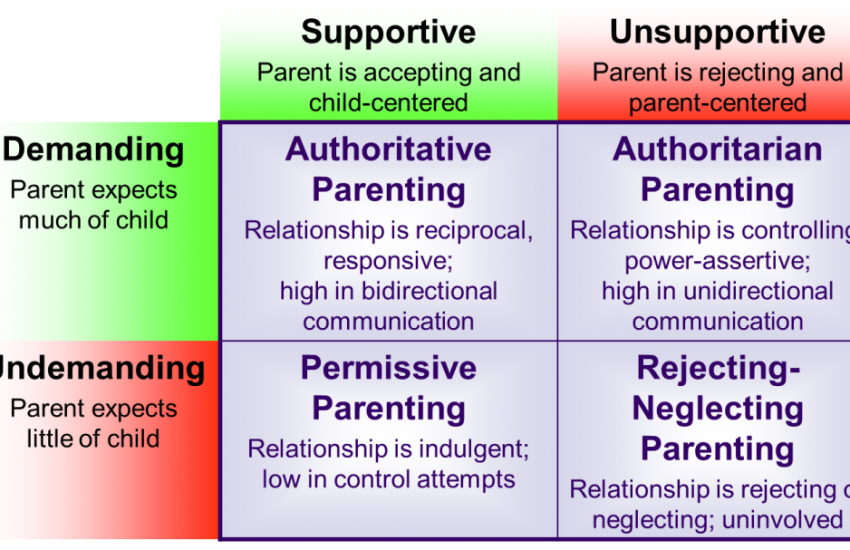Exploring the Role of Higher Education in Society
Higher education plays a critical role in shaping society and preparing individuals for success in the increasingly complex and competitive world. From providing essential skills and knowledge to fostering critical thinking and creativity, colleges and universities have a profound impact on the development of individuals and communities. In this article, we will delve into the various aspects of how higher education contributes to society.
Equipping Individuals with Essential Skills and Knowledge
One of the primary functions of higher education is to equip individuals with the knowledge and skills necessary to succeed in their chosen fields. Whether it be through technical training, specific certifications, or broad-based education, colleges and universities provide students with the tools they need to thrive in their careers. From engineering to business management to healthcare, higher education institutions offer a wide range of programs that prepare students for the demands of the workforce.
Fostering Critical Thinking and Creativity
Besides imparting technical skills, higher education also plays a crucial role in fostering critical thinking and creativity. Through rigorous academic programs, students are encouraged to think analytically, question assumptions, and explore new ideas. This emphasis on critical thinking is essential in today’s fast-paced and ever-changing world, where adaptability and problem-solving skills are highly valued.
Promoting Diversity and Inclusion
Higher education institutions also serve as catalysts for promoting diversity and inclusion in society. By welcoming students from diverse backgrounds and creating inclusive environments, colleges and universities contribute to a more tolerant and understanding society. Through exposure to different perspectives and experiences, students learn to appreciate the richness of diversity and develop empathy for others.
Advancing Research and Innovation
Another critical role of higher education is in advancing research and innovation. Colleges and universities are hubs of cutting-edge research and discovery, where new ideas are born and breakthroughs are made. Through their research efforts, higher education institutions drive technological advancements, medical discoveries, and social innovations that benefit society as a whole.
Preparing Future Leaders
Higher education also plays a pivotal role in preparing future leaders who will shape the direction of society. By nurturing leadership skills, ethical values, and a sense of social responsibility, colleges and universities groom individuals to take on leadership roles in various sectors. Whether in government, business, education, or non-profit organizations, the leaders of tomorrow are often products of higher education.
Conclusion
In conclusion, higher education is not just about acquiring a degree or landing a job. It is about shaping individuals into well-rounded, critical-thinking, and socially-conscious members of society. Through its various functions, higher education contributes to the advancement of society by equipping individuals with essential skills, fostering creativity and critical thinking, promoting diversity, advancing research and innovation, and preparing future leaders. As we continue to explore the role of higher education in society, it becomes evident that colleges and universities play a vital role in shaping the present and future of our world.


